Undergraduate Admissions Questions
How do I apply?
Learn about application requirements for our undergraduate programs on the Undergraduate Admissions web page.
Graduate Admissions Questions
How do I apply?
Learn about application requirements for our MPP program here and access the application through the Penn State Graduate School’s online form.
When should I apply for funding consideration?
Students interested in funding and scholarships should submit a completed application by March 1.
What funding opportunities are available?
The School of Public Policy has several hourly research assistantships that pay up to $10,800 available each year. Research positions do not include tuition assistance or reduction. The funds are paid on a bi-weekly basis and can be used to suit each student’s needs. Interested students should email with questions to learn about the application process.
When will I receive funding notification?
Students that complete their application for funding by the deadline will be notified of their status by April 1.
Who will be considered for funding opportunities?
Students who have submitted applications by March 15 will be eligible for funding consideration and will receive a funding application with an acceptance package. Funding applications will be reviewed by the funding and scholarship committee.
Penn State has a guide to financial assistance to graduate students, including loans, work-study and employment opportunities at studentaid.psu.edu. Information on Penn State’s tuition and fees schedule can be found at tuition.psu.edu.
Do I need to take graduate exams?
The School of Public Policy does not require applicants to take the GRE or GMAT to be considered for admission. We do a holistic review of applicants based on transcripts, letters of recommendation, and statements of purpose.
Do you only admit students for the fall semester?
Students are eligible to apply to start in the spring semester, summer semester, or fall semester.
I am an international student. Do I need to complete an English language proficiency exam?
The language of instruction at Penn State is English. Please review the Graduate School’s information for international applicants to determine if you need to take an English proficiency exam. You can view the requirements on the Graduate School’s website.
What career options will a public policy degree offer?
Students who complete the Master of Public Policy program learn the hard and soft skills necessary to engage in policy analysis and development. Public policy expertise is in high demand and a public policy degree is highly valued by employers in a variety of sectors. Learn more about placement and salary expectations on the Career Outcomes section of our website.
- Local, State and Federal levels of Government
- Most Government organizations and agencies
- Non-Profits
- Lobbying Organizations
- Think Tanks
- Policy Organizations
- Private Corporations
I have professional experience; do I need to complete the internship?
Professionals with a few years of experience are potentially eligible for an internship waiver. Internship waivers are dependent on professional experience and eligibility is determined by the director of professional development and student engagement.
My GPA is below 3.0; can I still apply?
Students are encouraged to meet with the enrollment and advising manager prior to applying to determine if the program is a good fit. GPA is not the only determining factor for admission. All three parts of the application are weighted equally, and students with a lower GPA may still be considered for admission if they have a strong statement of purpose and letters of recommendation.
How many credits is the MPP program? Where will I study?
The two-year, on-campus master’s program is 43 credit hours (42 hours for working professionals), including the capstone/thesis project and internship. Although the program is designed for 2 years full-time, students can take up to 5 years to complete it.
